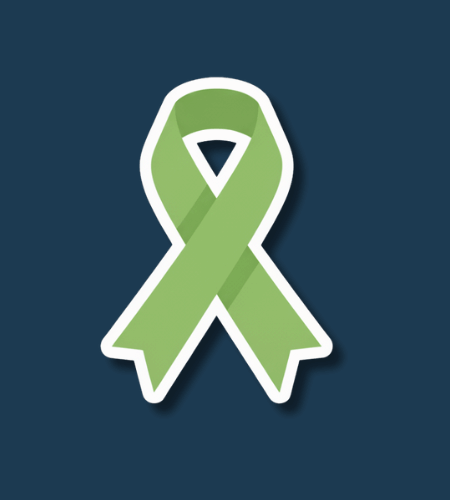National Kabuki Syndrome Awareness Day, observed each year on October 23, is a dedicated moment to raise awareness about the rare genetic condition known as Kabuki syndrome. This day offers a chance to spotlight individuals and families affected by the syndrome and to encourage greater understanding, research and support for this complex condition.
Table of Contents
History of National Kabuki Syndrome Awareness Day
The date of October 23 has been designated by advocacy communities as the awareness day for Kabuki syndrome, aligning with the broader recognition of October as Kabuki Syndrome Awareness Month. The designation emerged from the efforts of organisations supporting families and patients to increase the visibility of the syndrome and promote education about its many facets.
Over time this observance has grown in reach as families, support networks and professional communities mark the day with stories, events and outreach. Although not yet formally declared by legislative bodies in all jurisdictions, the growing annual recognition underscores a collective commitment to highlight this rare condition.
Why is National Kabuki Syndrome Awareness Day important?
This day matters because Kabuki syndrome is a multi‑system disorder that often involves distinctive facial features, developmental delays, skeletal and organ anomalies, as well as variable intellectual and health challenges. Recognition on this day helps ensure that individuals with the syndrome, and their caregivers, receive attention, appropriate care pathways and accurate information. It humanises what might otherwise remain an abstract medical condition and connects it to real lives and stories.
In a deeper sense, National Kabuki Syndrome Awareness Day invites us to reflect on how rare conditions test our healthcare systems, our social supports and our collective compassion. When a diagnosis is uncommon, awareness becomes a gateway to early intervention, community connection and advocacy for research. It reminds us that every individual matters and that “rare” does not mean insignificant.
- It highlights the importance of early diagnosis and tailored support for people with Kabuki syndrome
- It brings caregivers, families and professionals together in shared understanding and mutual support
- It reminds us that every rare‑disease community benefits from visibility, funding and research
- It honours individuals living with the syndrome, their life stories and achievements
- It prompts broader society to think about inclusion, accommodation and strength in diversity
How to Observe National Kabuki Syndrome Awareness Day
Observing this day can be both meaningful and manageable. Start simply by learning something new: read a story from someone living with Kabuki syndrome, or explore a resource that explains how the condition affects development, health and daily life. Awareness begins with understanding—and conversation makes it accessible.
You might also choose to support in a more active way. That could mean sharing a post or story from a trusted organisation, donating to a group that aids research or connecting with a local support network. If you know a family or individual affected by the syndrome, a moment of acknowledgment or a simple outreach can be powerful.
- Share a social‑media post or personal message highlighting Kabuki syndrome and why the day matters
- Read and reflect on a personal story of someone living with the syndrome
- Host a small discussion or invite a talk in your school or workplace about rare diseases and inclusion
- Donate or fund‑raise for an organisation supporting Kabuki syndrome research and support families
- Reach out with a “thinking of you” message to someone you know in the rare‑disease community
National Kabuki Syndrome Awareness Day Dates Table
| Year | Date | Day |
|---|---|---|
| 2026 | October 23 | Friday |
| 2027 | October 23 | Saturday |
| 2028 | October 23 | Monday |
| 2029 | October 23 | Tuesday |
| 2030 | October 23 | Wednesday |
Subscribe to our newsletter and never miss a holiday again!

